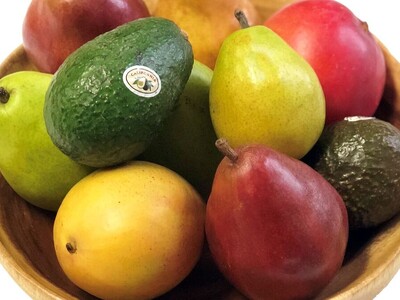West Nile Vaccinations
West Nile VaccinationsI’m Lacy Gray with Washington Ag Today.
Warm weather and mosquito season is quickly approaching and if they haven’t already, now is the time for horse owners to have their animals vaccinated for West Nile virus. Acting State Veterinarian for the Department of Agriculture Paul Kohrs comments on West Nile virus in the state.
KOHRS: The disease doesn’t appear to be widespread, but there are pockets of the disease in eastern Washington - in Yakima, Benton - Franklin county, that part of the state. It’s fatal in about a third of the cases that are unvaccinated and the vaccine is very effective.
For horses receiving their first vaccination Kohrs says they will need a booster in two to three weeks.
KOHRS: And then about two to three weeks after that they would have immunity, but they would be pretty safe in about four weeks after the initial series. Otherwise they need an annual booster.
Kohrs says that West Nile does not spread from horses to people or other animals.
KOHRS: The horse is what we call a “dead-end host”. The horse can’t spread it to other horses or humans. So, if they are at a fair or at a show or exhibition event of that sort West Nile isn’t a risk in that setting. It hits the horses that you wouldn’t expect it to. We see horses that are active in other areas and moving around and those are the horses that, you know, it doesn’t spread from horse to horse - you pick it up most of the time at home.
Kohrs offers tips on reducing the risk of West Nile virus.
KOHRS: Take care of standing water. Sometimes you don’t think about things like birdbaths and water troughs and old tires that collect rain water, but those are prime breeding grounds for mosquitos so you need to get rid of as much of the standing water as you can. Usually it’s a good idea to dump out stock tanks once a week - replace it with fresh water so that the mosquitos can’t hatch.
That’s Washington Ag Today.
I’m Lacy Gray on the Ag Information Network.

















